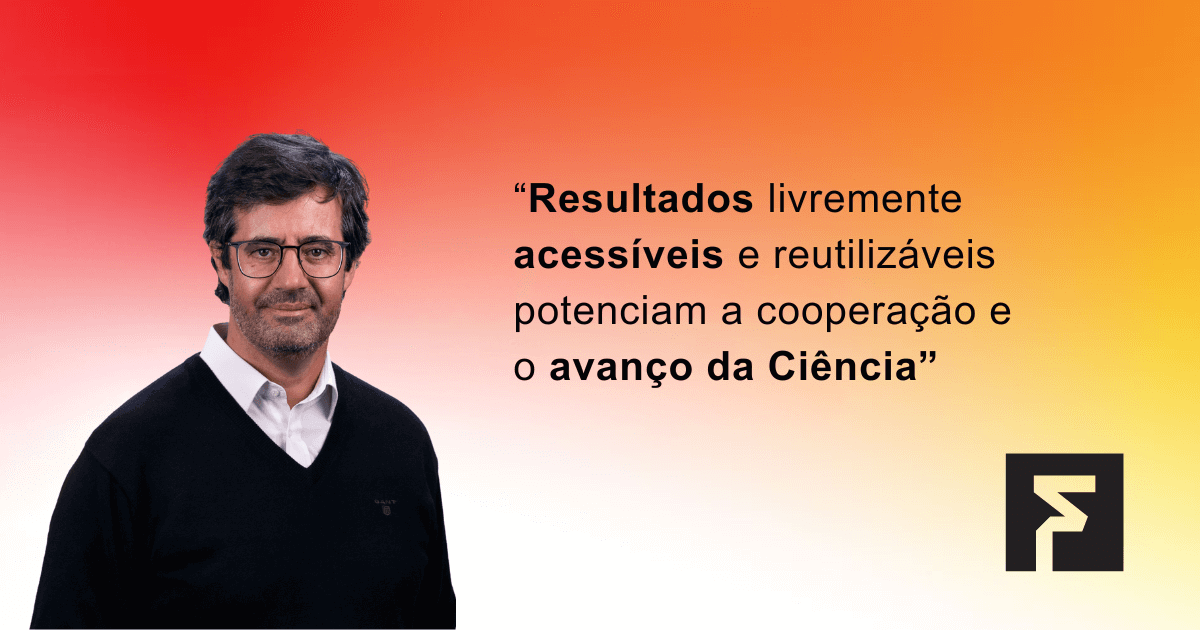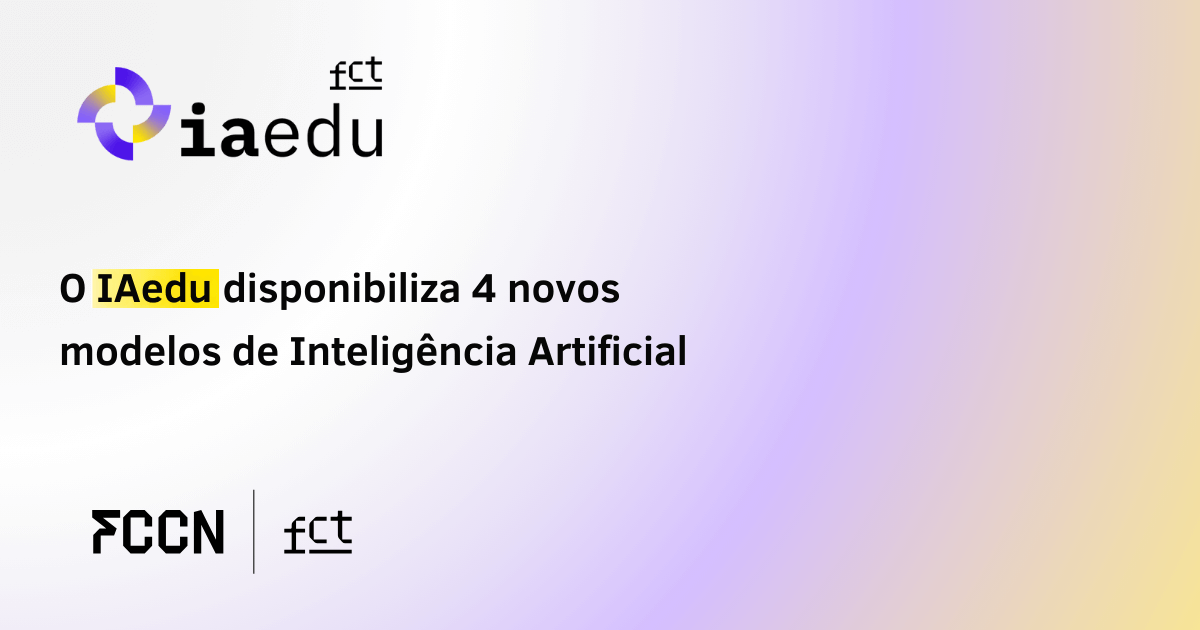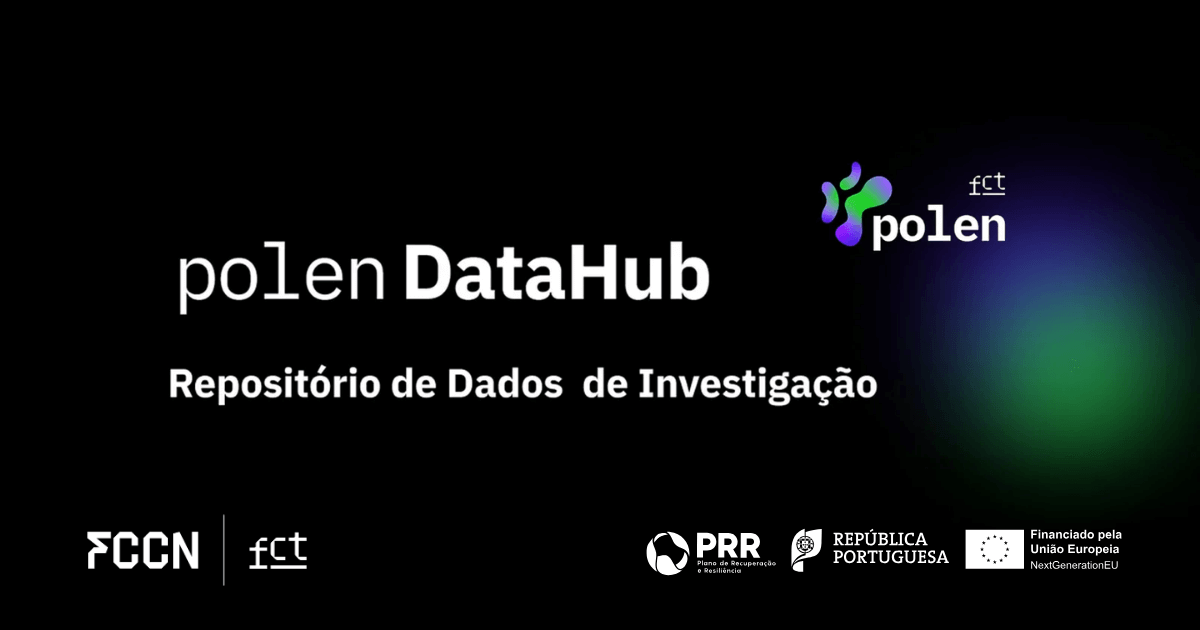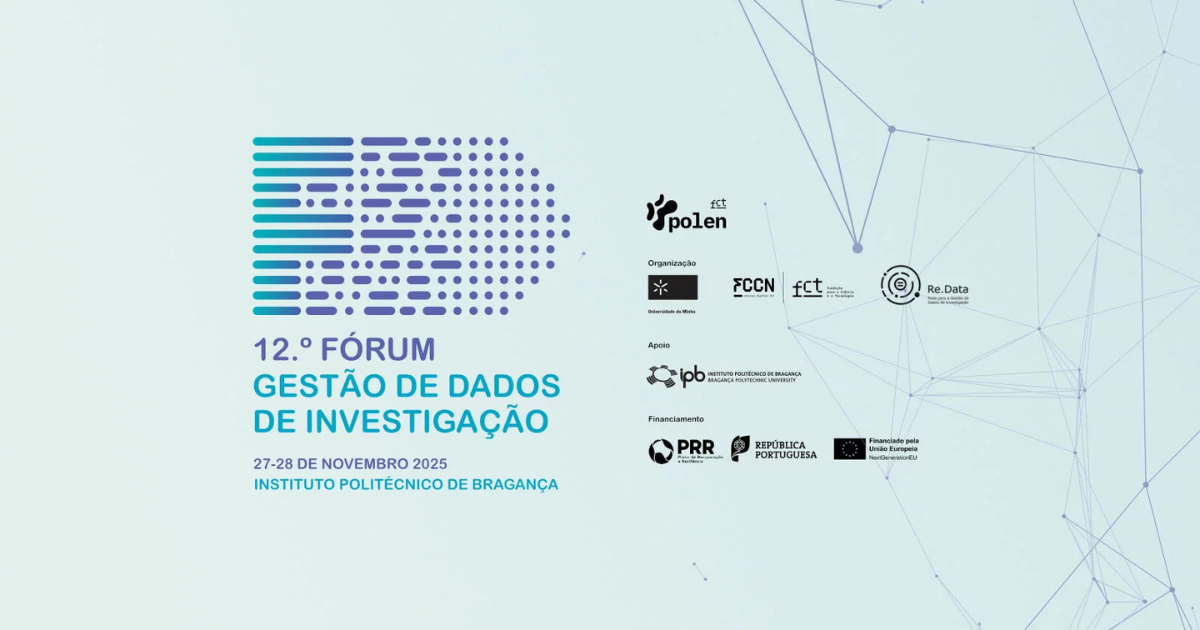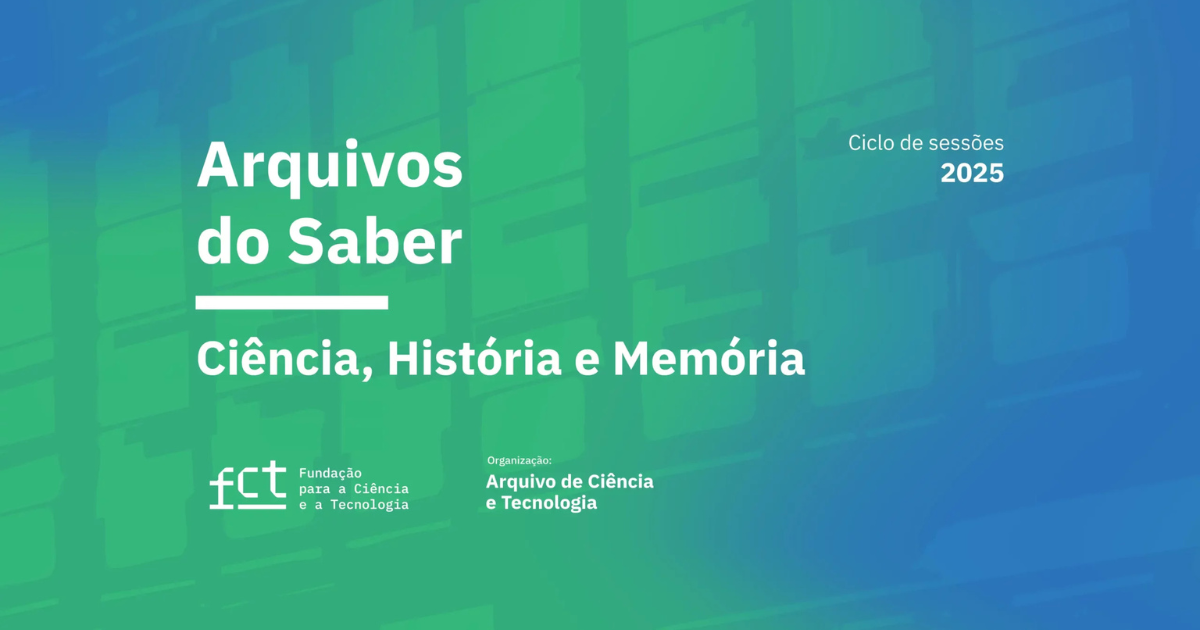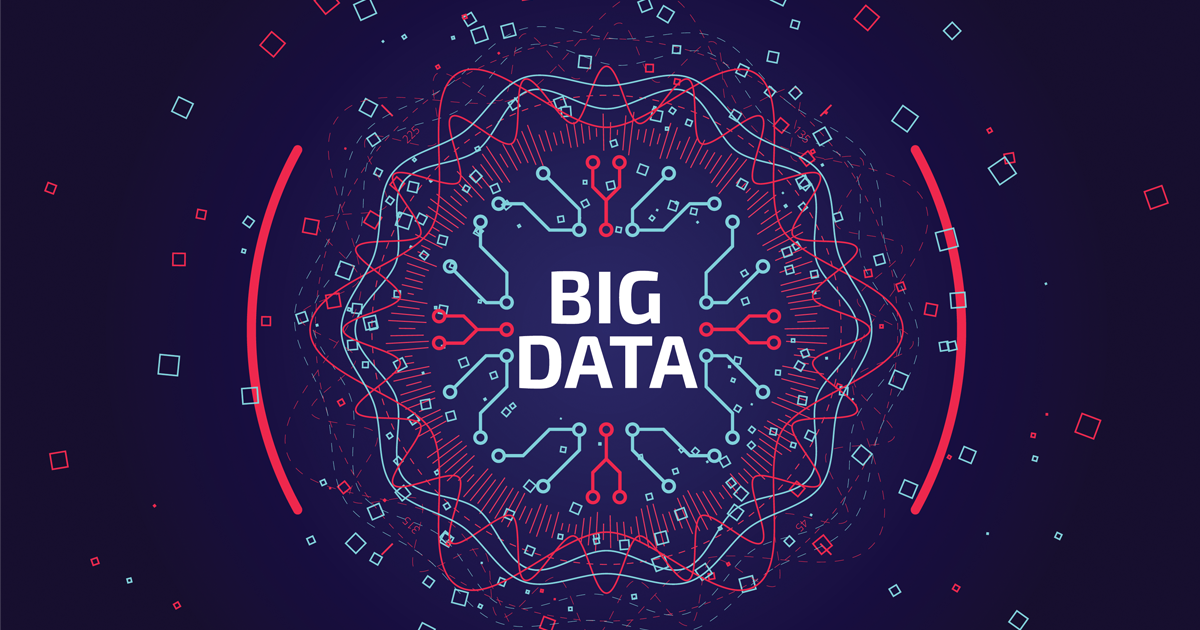
Technology has undergone a true and inevitable evolution over the past few years. The current reality is marked by the possibility of collecting large volumes of information that drive a set of analyses that increase our knowledge and aid decision-making. From the steps we take daily, to the pages we visit while browsing the internet, to our online shopping preferences or the type of content most consumed on social media, there is an immense amount of data that, by adhering to all best practices that preserve the most sensitive and confidential information, can help organizations make informed decisions. Therefore, it is increasingly pertinent to "simplify" this concept of "Big Data" by investing in true public literacy regarding the contribution of technology to improving our daily lives.
Simply put, the concept of Big Data refers to the large volume of quantitative data collected and stored by organizations, which can be extracted and used in various ways to make informed decisions. Beyond statistical analysis, Big Data is essential for artificial intelligence projects and the development of predictive models, which have a significant positive impact on improving our daily lives.
In recent years, data storage capacity has increased considerably, and technological advances have reduced storage and computing costs, making Big Data more accessible. However, analyzing these large volumes of data still poses a significant obstacle. The techniques commonly used to analyze small volumes of data are unable to meet these new needs, and despite their intrinsic value, these data are largely unusable until that value is discovered/uncovered.
In this sense, and at a time when the concept of Big Data has become a topic of great interest as organizations are increasingly able to collect and store large volumes of data, it is crucial to have a basic understanding of how this data is used and the value it brings to the organizations that collect it.
To understand the reality of Big Data, there are some instruments available, such as the case of free course and online “Big Data: concepts, technologies and the analytical perspective of operations simulation“, promoted by University of Évora and available at NAU PlatformThis course covers basic concepts that help understand the usefulness of data collected by organizations. It's important to simplify the concept of Big Data and move toward dispelling misconceptions about privacy invasions and understanding its contribution to everyone's lives.
In an increasingly digital world that offers immense potential, decisions must be based on analysis and consideration processes that take advantage of the agility and speed of access offered by data to arrive at solutions that respond to the real needs of society in an assertive, objective, and personalized manner.

